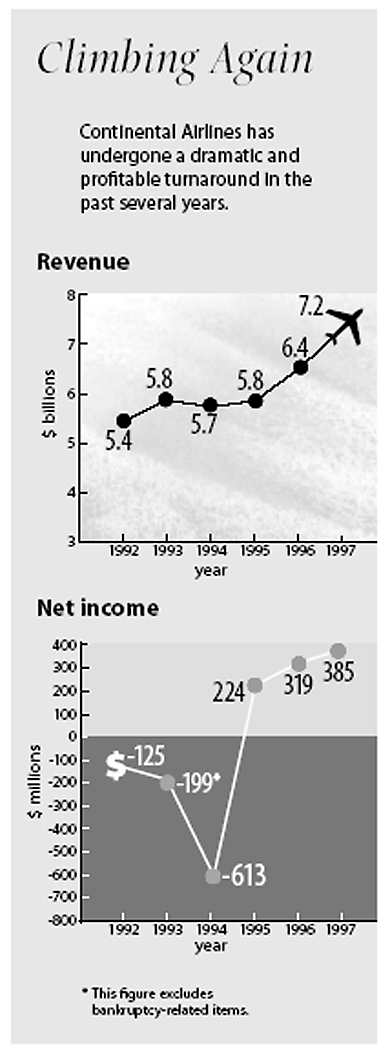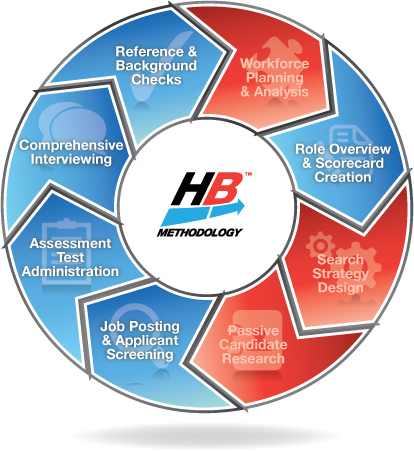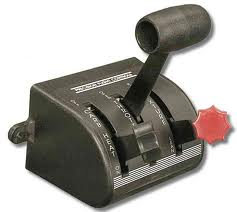Imagine the people who worked around you were responsible for your life. Living or dying literally could be in their hands and their ability to concentrate and remain focused on the right things might make that type of difference?
Strategic Discipline Blog
Topics: Accountability, employee performance, People, Topgrading
Topics: Good to Great, Strategic Discipline, meeting rhythms, Topgrading
President Obama’s address on Tuesday reminded me of a blog I wrote on Is Life Fair. This blog is not intended to support a political agenda, yet when I watched Obama’s presentation Tuesday evening it struck me how differently I and perhaps a lot of my clients and prospects view the role of government.
Topics: Accountability, leadership, Topgrading
Talent Management Clean House – Greg Brenneman Houston Growth Summit
Posted by Douglas A Wick on Tue, May 10, 2011
Topics: leadership, A Players, Topgrading
Run, Improve or Create Systems. Selecting the Right People
Posted by Douglas A Wick on Mon, May 9, 2011
A common mistake in the recruiting and hiring process is to be unclear about who and what you are hiring for. With every one of our growing clients, we recommend Topgrading methods to select the right employees. It’s important to recognize that of the Four Decisions that impact your business growth, People are the critical first piece. I remind you of Jim Collins words in Good to Great, “First who than what.”
Topics: Good to Great, Accountability, People, A Players, Topgrading, The Right People
Change Ahead - Applying Egypt’s Revolution to Your Organization
Posted by Douglas A Wick on Fri, Apr 29, 2011
Are there any implications your business can learn from the Egyptian Revolution? Multipliers co author Greg McKeown predicts events like this and the Libyan revolution may foreshadow undercurrents that will impact your business. As we’ve noted in this blog before the two most critical elements of leadership are the ability to predict and delegate. Just like Scrooge in Dickens Christmas Carol these events may foresee what’s ahead for business.
Topics: Bringing Out the Best In People, change, Topgrading, Multipliers
Multipliers Are A Players – An A Player is Not Necessarily a Multiplier
Posted by Douglas A Wick on Wed, Mar 2, 2011
In my recent blog “Few Set the Bar At A Level” and newsletter “Make Your People Accountable” we discussed Topgrading and the importance of developing scorecards for each of your company positions. This is important to raise expectations not only for new employees but your current staff as well. A recent blog from the Sales Benchmark Index points out the value in screening for A Players by using Topgrading’s Career History form with all candidates. Check out Does my initial application focus on 'A' players? to learn how the Career History form identifies potential A Players.
Topics: A Players, Two Day Rockefeller Habits Workshop, Topgrading, Multipliers
It’s possibly one of the most damning statements that can be made about a person or business. It’s the equivalent of Jim Collins, “Good is the enemy of great.”
Topics: Accountability, A Players, Topgrading, The Power of Full Engagement, A Level
Monday evening I had the opportunity to work with a basketball official who in addition to having officiated in the Iowa High School tournament is also officiating at the college level and serves as a trainer to referees in this area. It was a refreshing change from some of the other officials I work with, and I noticed that his professionalism and excellence made me up my game improving my overall performance.
Topics: A Players, Topgrading, Multipliers
People Not Your Most Important Asset – Practical Discipline #1
Posted by Douglas A Wick on Wed, Nov 3, 2010
What’s the ultimate throttle on growth?
For any great company, it’s not markets, technology, competition, or products. The one thing above all others: the ability to get and keep enough of the right people.
If you’ve read Michael Gerber’s book The E-Myth Revisited, the emphasis on systems can lead you to believe people are not your most important asset. As I noted in the White Paper, Was Michael Gerber Wrong, Gerber’s emphasis on systems is so intense it’s easy to lose sight of the importance of people in building your business equation. In Good to Great, Jim Collins states, “The old adage ‘People are you most important asset’ turns out to be wrong. People are not your most important asset. The right people are.”
Even Gerber subsequently recognized this and is quoted in the Forward to the book How to Hire A-Players, “It takes A-Players to conceive, design and build a world-class business system so C-Players can produce A-Player results. How To Hire A-Players tells you how to find the A-Players you need to grow your business. Read it, or forever settle for less than you deserve.”
The hardest part of hiring is delaying a decision when you are not confident about the people you’ve interviewed for the position. Whether you use Topgrading or not [We strongly urge our clients to] the cost of hiring the wrong person makes it prohibitive to move forward if you wish your business to grow. Many business owners don’t feel they have the time to go through the Topgrading process. A three-hour-plus interview, tandem interviews, reference checking, completing a job summary scorecard, etc., seems too time-consuming. When you add up the cost of a wrong decision the compelling results tell you that to do otherwise is courting disaster and swallowing prohibitive expense. So why do so many business owners continue to hire the wrong person? They don’t have a system and they don’t see the hidden expenses of their mistakes. Hiring estimates for mis-hire under $100K salary is 14 times. Over $100K the cost shoots to 28 times. Even if you discount either of these two numbers, the reality is whatever you pay the wrong person; you paid much more than you would have had you selected the right person. Add in the frustration and cost time to repeat the process again.
Collins in Good to Great emphasized three practical disciplines for getting the right people on the bus. His case for Strategic Discipline begins with Practical Discipline #1: When in doubt, don't hire- keep looking. He refers to the immutable law of management physics, Packard’s Law named for the co-founder of HP. No company can grow revenues consistently faster than its ability to get enough of the right people to implement that growth and still become a great company. If your growth rate in revenues consistently outpaces your growth rate in people, you simply will not-indeed cannot-build a great company.
How many times have you made the wrong decision on the people you hired? How much has this cost you and how much will it cost you in the future? Do you recognize how important making the right people decision are? If you did why would you make the same mistake over and over?
Topics: Good to Great, Topgrading
















.jpeg?width=150&height=135&name=Hand%20with%20marker%20writing%20the%20question%20Whats%20Next_%20(1).jpeg)

